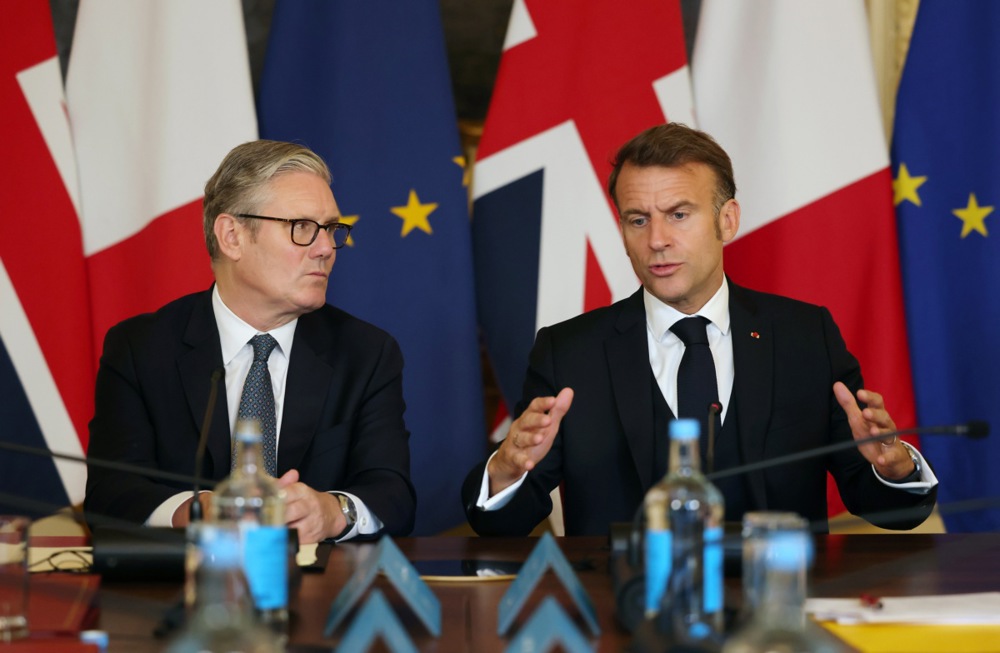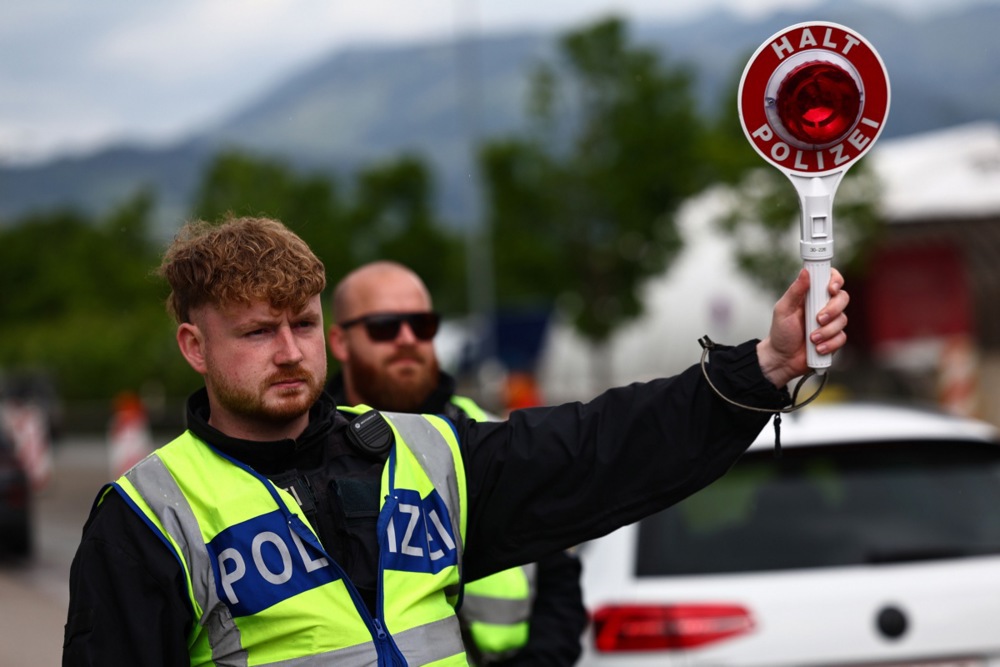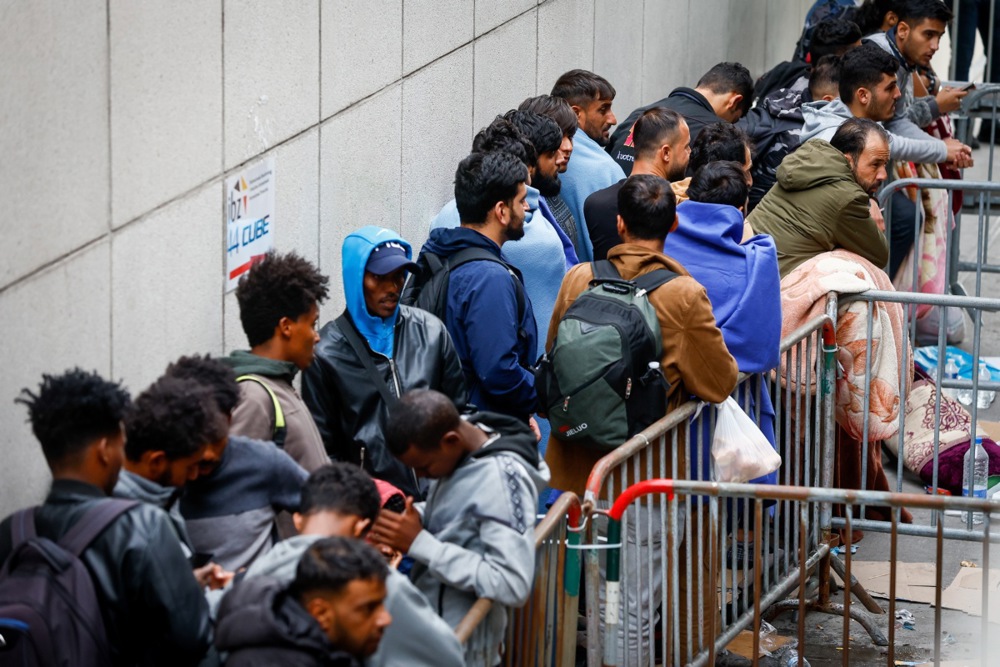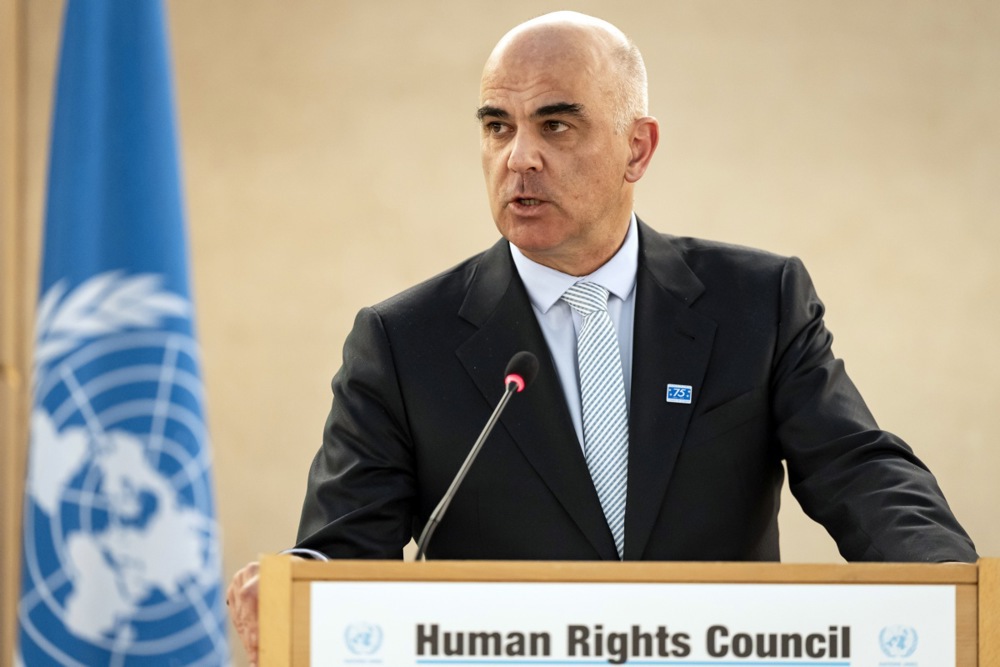UK Prime Minister Keir Starmer’s flagship “one in, one out” immigration agreement with France has suffered a significant setback.
Yesterday, the High Court of Justice in England temporarily blocked the deportation of an Eritrean asylum seeker, raising fresh doubts about the viability of the British Government’s efforts to curb Channel crossings.
The 25-year-old man, whose identity is protected by court order, had been scheduled for removal on an Air France flight from Heathrow to Paris today.
He arrived in Britain by small boat on August 12 after a journey that included alleged forced labour in Libya, where he claims to have sustained a gunshot wound to his leg.
Represented by Sonali Naik KC, the claimant argued that he was a potential victim of human trafficking and faced a “real risk of destitution” if returned to France, citing evidence that about a third of asylum seekers there receive no accommodation and just €7.50 daily allowance.
Naik referenced a 2020 European Court of Human Rights ruling that found conditions for some migrants in France to be “inhuman and degrading”.
Mr Justice Clive Sheldon granted an interim injunction, halting the deportation pending further examination of the trafficking claim.
“It seems to me there is a serious issue to be tried with respect to the trafficking claim and whether or not the Secretary of State has carried out her investigatory duties in a lawful manner,” the judge ruled.
He acknowledged the man’s vulnerability but rejected arguments of immediate destitution risk, noting France’s obligations under the European Convention on Human Rights (ECHR).
The UK Home Office countered that it was “reasonable to expect” the man to seek asylum in France upon first arrival there, as he had passed through the country en route from Italy.
This ruling marks the first High Court challenge to the scheme to reach a hearing, although lawyers indicated others are in progress.
It follows two failed deportation attempts: On September 15, an Air France flight departed empty after last-minute legal letters from migrants prompted ticket cancellations, while a similar outcome came to pass yesterday.
The Home Office had detained almost 100 Channel arrivals since early August under the pilot scheme, aiming for weekly returns of about 50 people initially.
Agreed in July between Starmer and French President Emmanuel Macron, the “one in, one out” deal replaces the scrapped Rwanda scheme, which the Prime Minister deemed unworkable.
It allows Britain to return undocumented small boat arrivals to France in exchange for accepting an equal number of legitimate asylum seekers with UK family ties, processed via a questionnaire assessing eligibility.
Proponents hailed it as “grown-up diplomacy” to dismantle smuggling gangs, with Macron’s administration agreeing to a small initial intake before scaling up.
French media, including Le Figaro, described the High Court decision as a “coup dur” (major blow) for Starmer, who faces mounting pressure amid more than 5,400 crossings since the deal’s announcement.
Downing Street dismissed suggestions of a “shambles”, insisting returns remained “imminent” and the injunction affects only individual cases, not the scheme’s foundation.
Work and Pensions Secretary Liz Kendall echoed this, stating the policy “will go ahead” despite the ruling.
Home Secretary Shabana Mahmood, recently reshuffled into the role, plans legislative tweaks to limit human rights challenges, drawing on ECHR protections Starmer once championed as a barrister.
Opposition voices were swift to criticise. Conservative Party opposition leader Kemi Badenoch quipped “we told you so”, arguing the deal mirrored its Rwanda plan’s legal pitfalls that Labour decried in opposition.
Reform UK’s leader Nigel Farage called it futile, noting even successful swaps yielded a net migration increase.
Charities including Medical Justice warned of more defeats, estimating most detainees are trafficking or torture survivors.
Detainees at centres such as Brook House have voiced despair, with one Eritrean telling The Guardian: “We can’t eat. We can’t sleep. It’s a disaster.”
The episode underscores broader tensions in Starmer’s migration strategy, as public frustration grows — fuelled by Reform UK’s poll lead — and crossings persist unabated.
With the full hearing pending, the scheme’s future remains uncertain, potentially leaving Labour’s pledge to “smash the gangs” in legal limbo for months.





